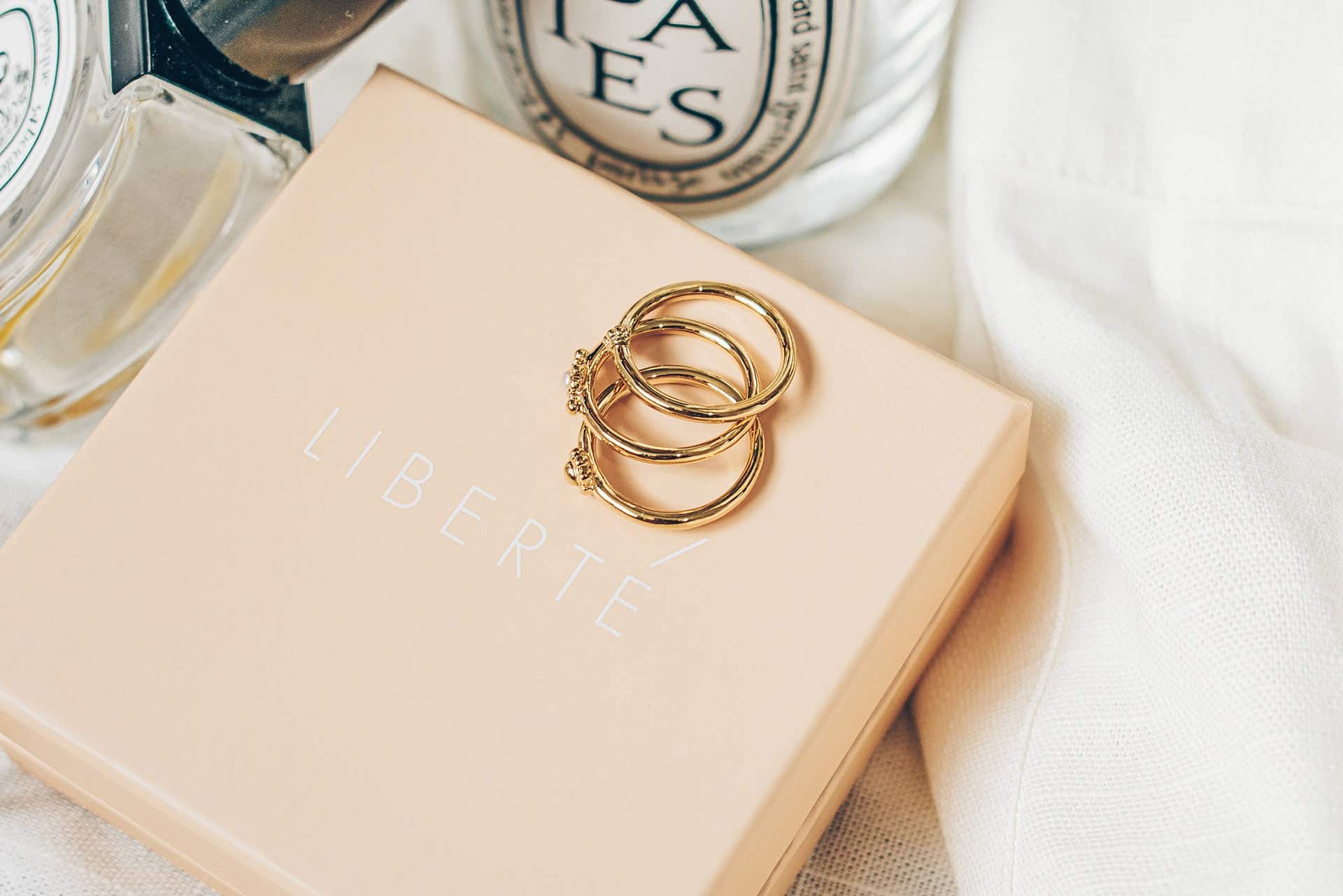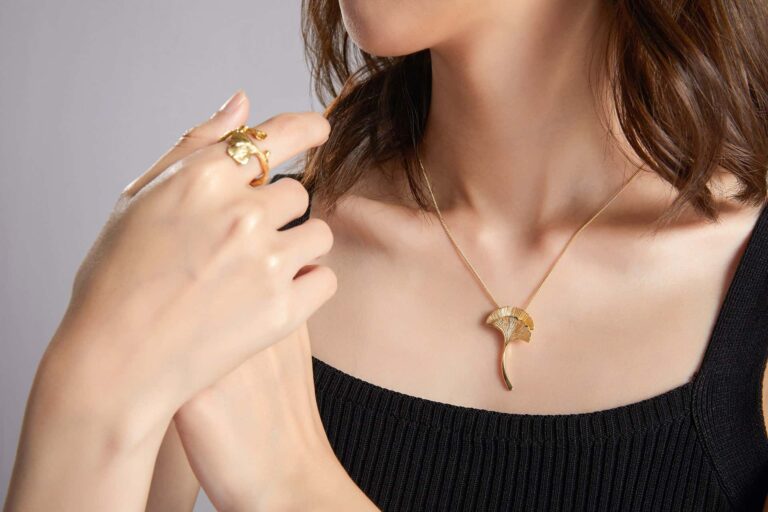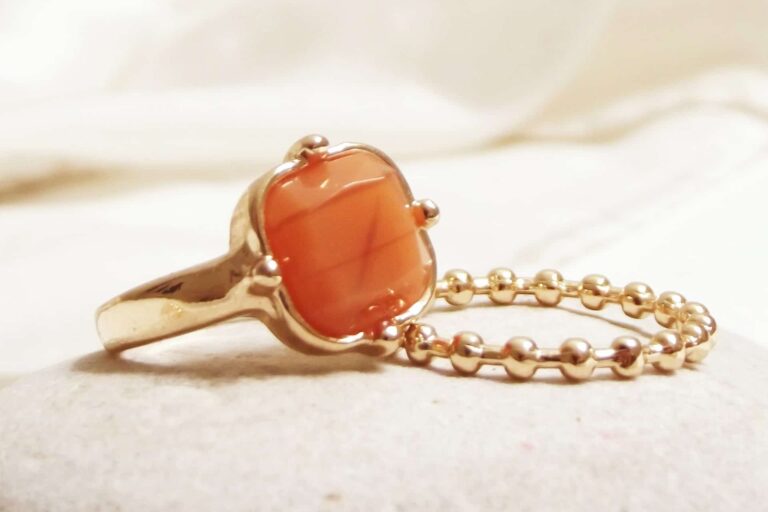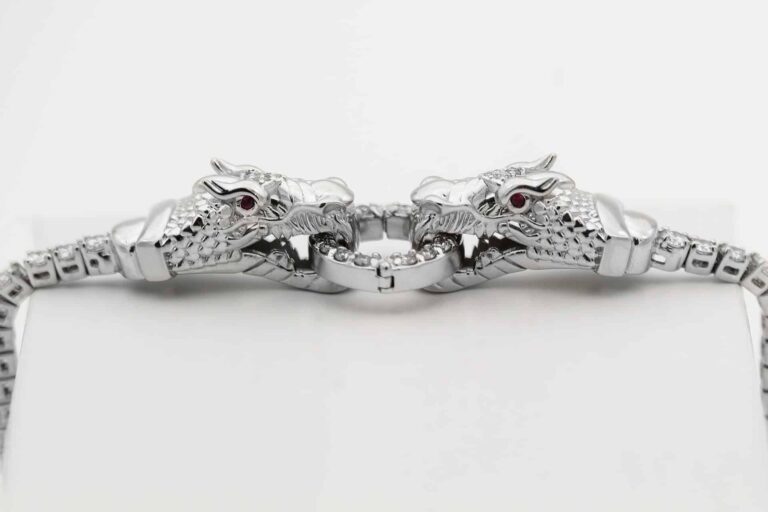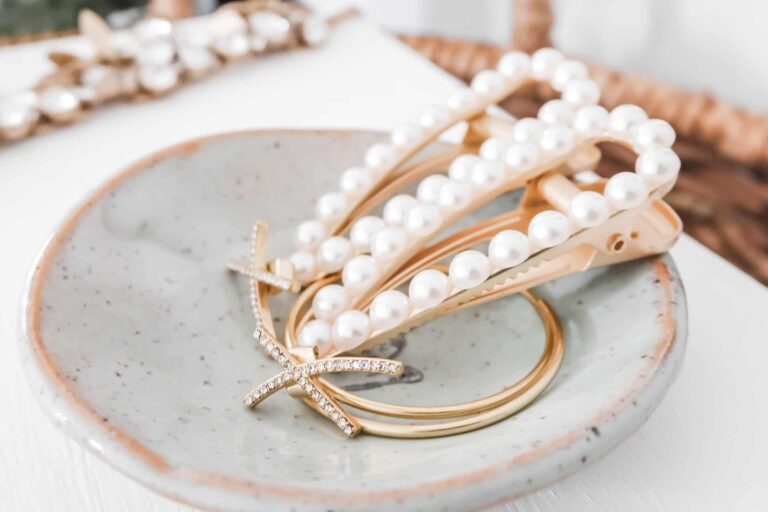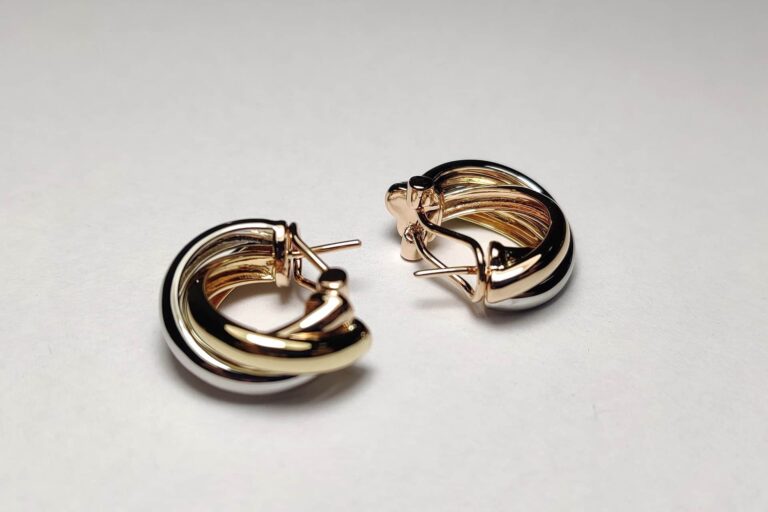Why do people depend on their accessories
Accessories, especially jewelry, have always played a significant role in human history, transcending cultures, classes, and eras. Whether it’s the simple elegance of a pearl necklace or the bold statement of a gemstone ring, people have long been drawn to these personal adornments. But why do people depend so heavily on their accessories? Let’s delve into some key reasons.
1. Self-Expression and Identity
One of the main reasons people turn to jewelry and accessories is for self-expression. Our style choices communicate a lot about who we are, our personalities, and even our emotions. Accessories are an extension of this. For instance, someone who loves minimalism might gravitate towards sleek, understated jewelry, while someone with a more flamboyant personality may opt for bold, statement pieces.
In a world where individuality is increasingly celebrated, jewelry allows people to showcase their unique tastes. Whether it’s a piece passed down from generations or a modern, trendy item, jewelry often holds personal significance, enhancing the wearer’s identity.
2. Cultural and Symbolic Significance
Throughout history, jewelry has had deep cultural and symbolic importance. In many cultures, specific pieces of jewelry mark important life events like weddings, religious ceremonies, or coming-of-age celebrations. Think of engagement rings, a sign of love and commitment, or the traditional jewelry worn at a festival or ceremony. These accessories aren’t just decorative; they represent traditions, values, and important life moments.
This cultural dependence on jewelry continues today, not just because of tradition but also because wearing these pieces can connect people to their heritage, offering a sense of belonging and pride.
3. Status and Social Signaling
Jewelry has long been associated with wealth, power, and social status. Historically, the more elaborate the jewelry, the higher the status of the individual wearing it. This trend still holds true in modern times, as luxury accessories from high-end brands continue to be viewed as symbols of success and affluence.
While this might seem superficial, humans are social creatures, and the desire to signal one’s status is deeply ingrained. Wearing elegant or rare pieces can give the wearer confidence and the feeling of having achieved something significant.
4. Emotional Connection and Sentimentality
Many people also depend on jewelry because of the emotional connections they hold with certain pieces. A mother’s bracelet, a locket with a picture of a loved one, or an heirloom ring passed down through generations are more than just accessories—they carry memories, love, and sentiment. These pieces often act as emotional anchors, helping people feel connected to their past and to loved ones.
5. Completing the Look
Finally, jewelry often acts as the finishing touch to any outfit. No matter how stylish a dress or suit is, accessories add that final layer of polish. Whether it’s a simple pair of earrings or an ornate necklace, accessories can elevate a look from plain to extraordinary. People often depend on jewelry to help them feel put together, polished, and ready to take on the world.
Conclusion
Jewelry and accessories are far more than just decorative items. They’re personal, cultural, and symbolic extensions of ourselves, helping to express identity, status, emotions, and memories. This deep connection explains why people have depended on accessories for centuries and why these adornments continue to hold such importance in modern society.

